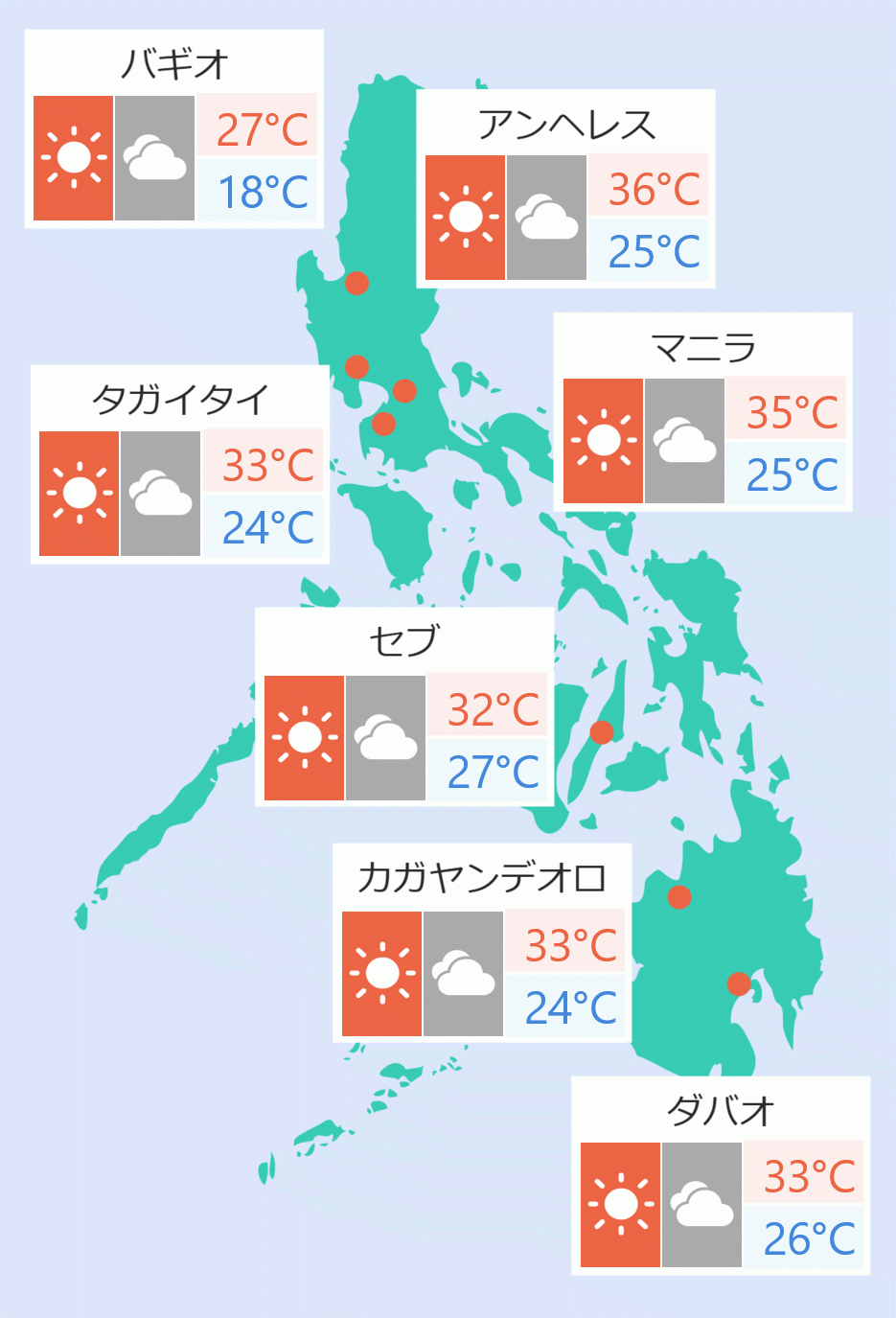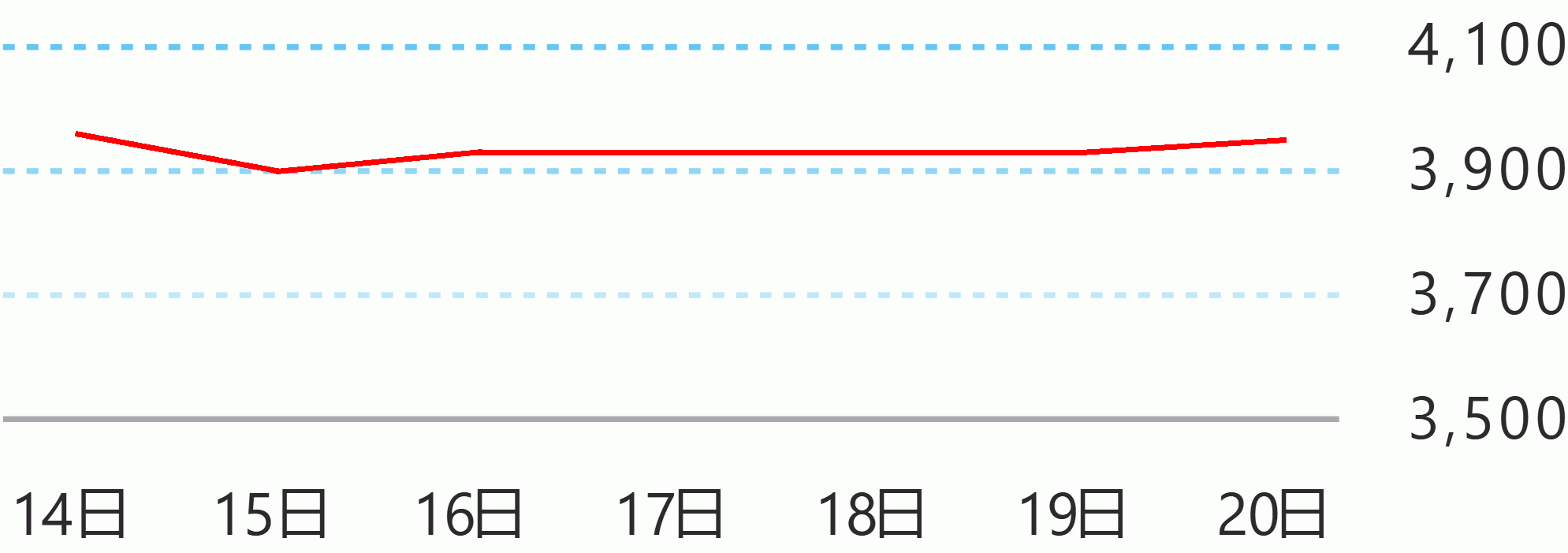By Robina Asido
The administration of incoming President Ferdinand Marcos Jr. needs to raise revenues to at least P249 billion per year for ten years to pay the P3.2 trillion debt incurred by the Philippine government due to the COVID-19 pandemic.
Finance Secretary Carlos Dominguez III said according to the Bureau of the Treasury, yearly incremental revenues of at least 249 billion pesos for ten years is needed "to prevent having to use borrowings to pay the P3.2 trillion in incremental debt."
Dominguez said the best option for the next government to generate this revenue is to "expand fiscal space through new taxes and improve tax administration and enforcement".
"Raise revenues, improve tax administration and cut unnecessary spending with fiscal reforms," he said during a press briefing on Wednesday.
The DOF also made a proposed package of tax reform measures that include a broad-based tax system where all Filipinos contribute their fair share, covering areas that should be taxed such as the digital space, and where revenue measures will result in improved social outcomes like sin and gambling taxes.
"The measures proposed by the DOF are estimated to yield an average of roughly P284 billion every year for the national government," it stated.
Dominguez said among their proposals that have high yearly revenue impacts under its "fiscal consolidation and resource mobilization plan "are the "deferment if TRAIN personal income tax reduction" with an estimated average of 97.7 billion pesos, "expansion of the VAT base and possible VAT rate reduction" with 142.5 billion pesos, "reform on health taxes" with 91.4 billion pesos and others.
He added that among revenue generating proposals "to be disclosed" includes repeal of immediate expending of input VAT on capital goods, excise tax on luxury goods, passive income and financial intermediary taxation act, real property valuation and assessment reform act and tax on cryptocurrencies.
In addition to the tax reform, the DOF also proposed further improvements if tax administration, government reengineering and rightsizing, military and uniformed personnel pension reform and capital market reform.
Dominguez warned that consequences of not pursuing the fiscal consolidation and resource mobilization plan may result in a fiscal and economic crisis and diluted reform.
"We are optimistic that the incoming administration and our next set of legislators will recognize the importance and urgency of these measures and implement them at the soonest time possible," he said.
“Pursuing the fiscal consolidation and resource mobilization program as proposed will help us continue to spend on socioeconomic programs, maintain our credit ratings, and grow out of our debt,” he added.
Dominguez also noted that the plan "is doable and is designed to secure the gains that we have made under the Duterte administration and to ensure that the government can continue to make economic investments and pursue programs for recovery, maintain its high credit ratings, grow out of its debt faster, and cushion the Philippine economy from future external shocks."
"The next administration is coming in with a strong mandate. We are confident that the soon-to-be President will put it to good use by pursuing critical reforms such as this much-needed program," he said.
"Taking action now is our responsibility to future generations," he added. DMS





 English
English










